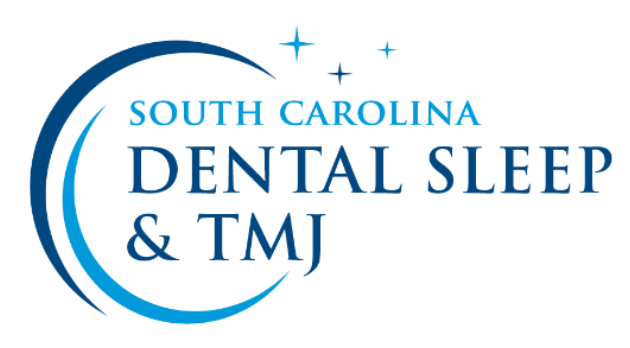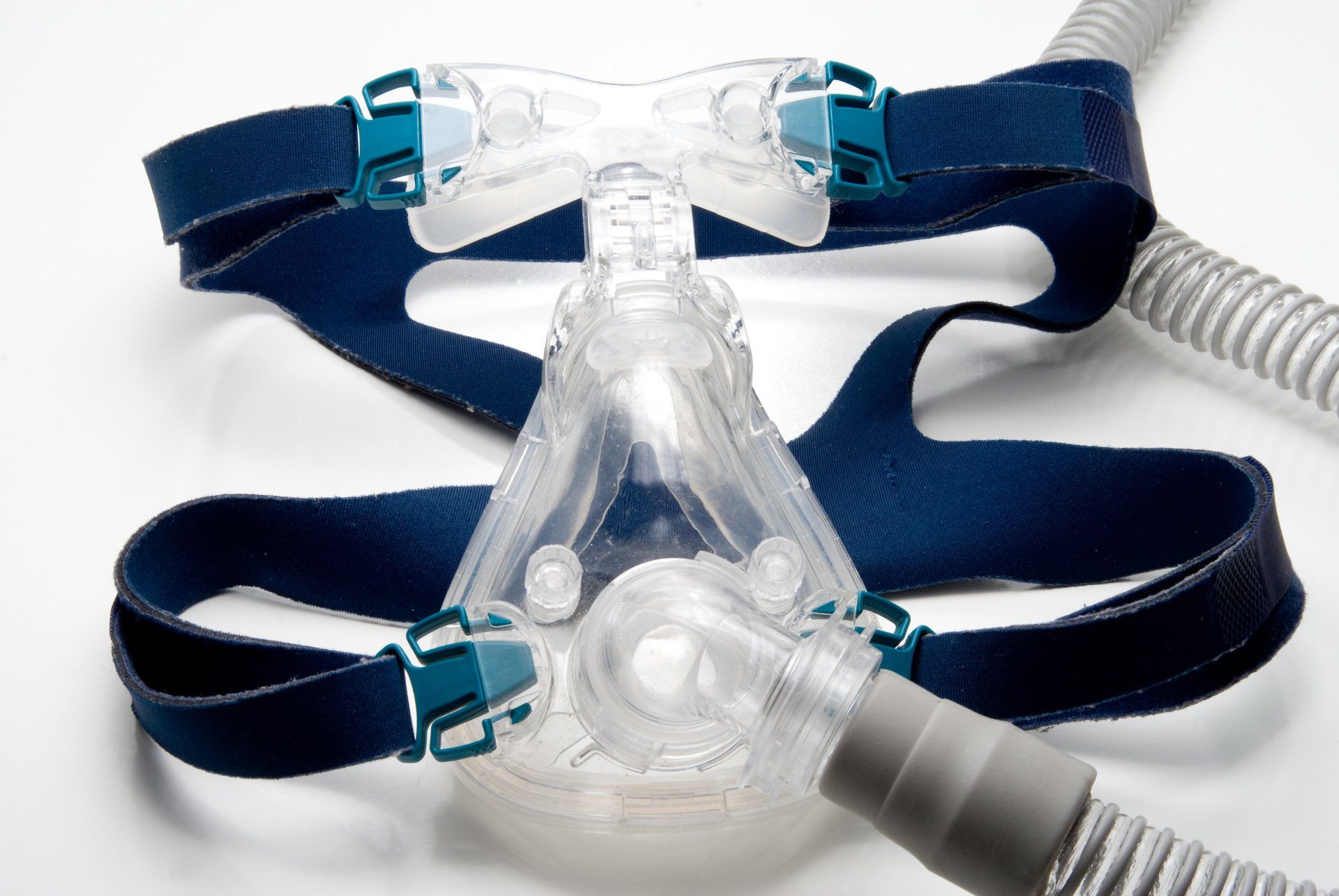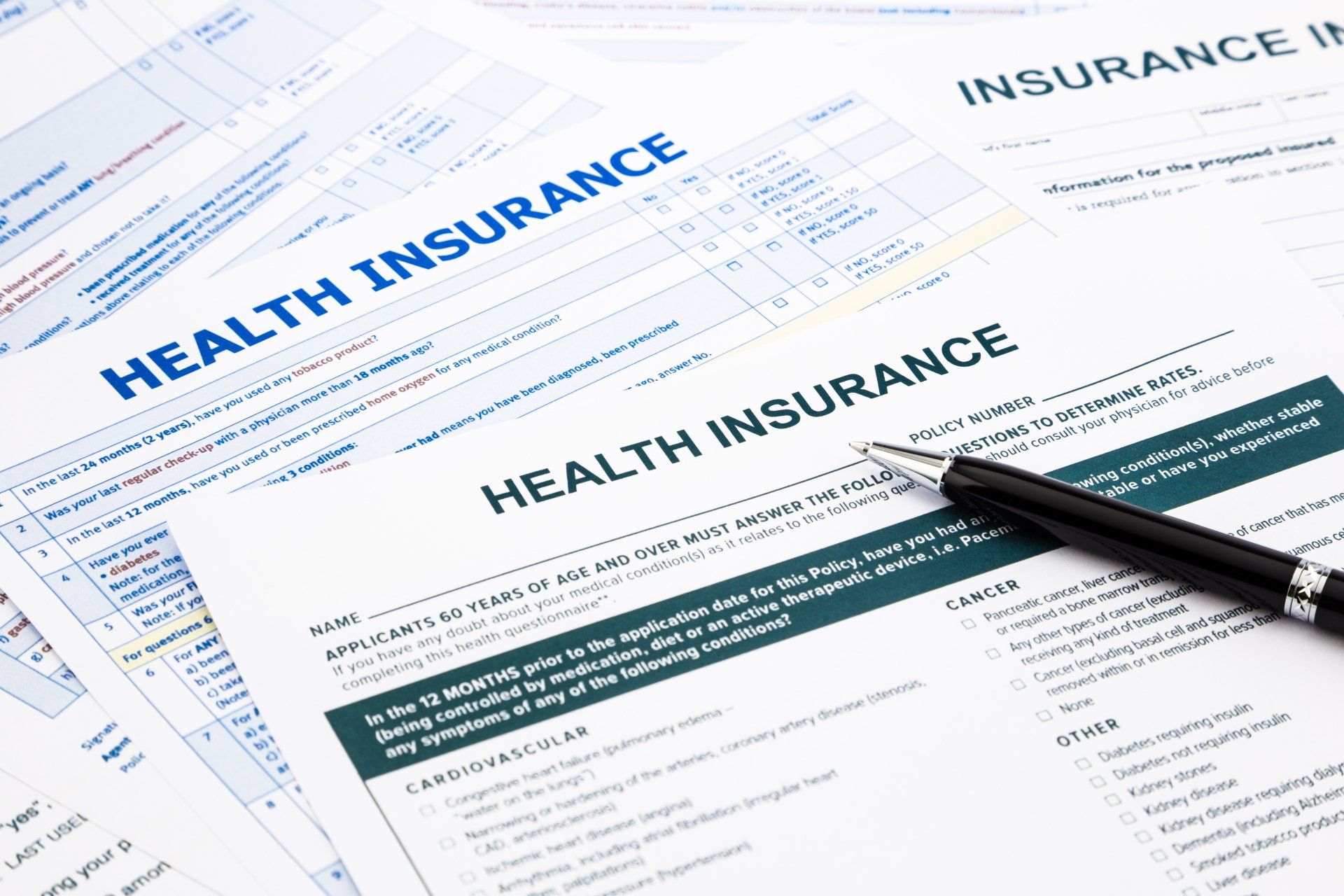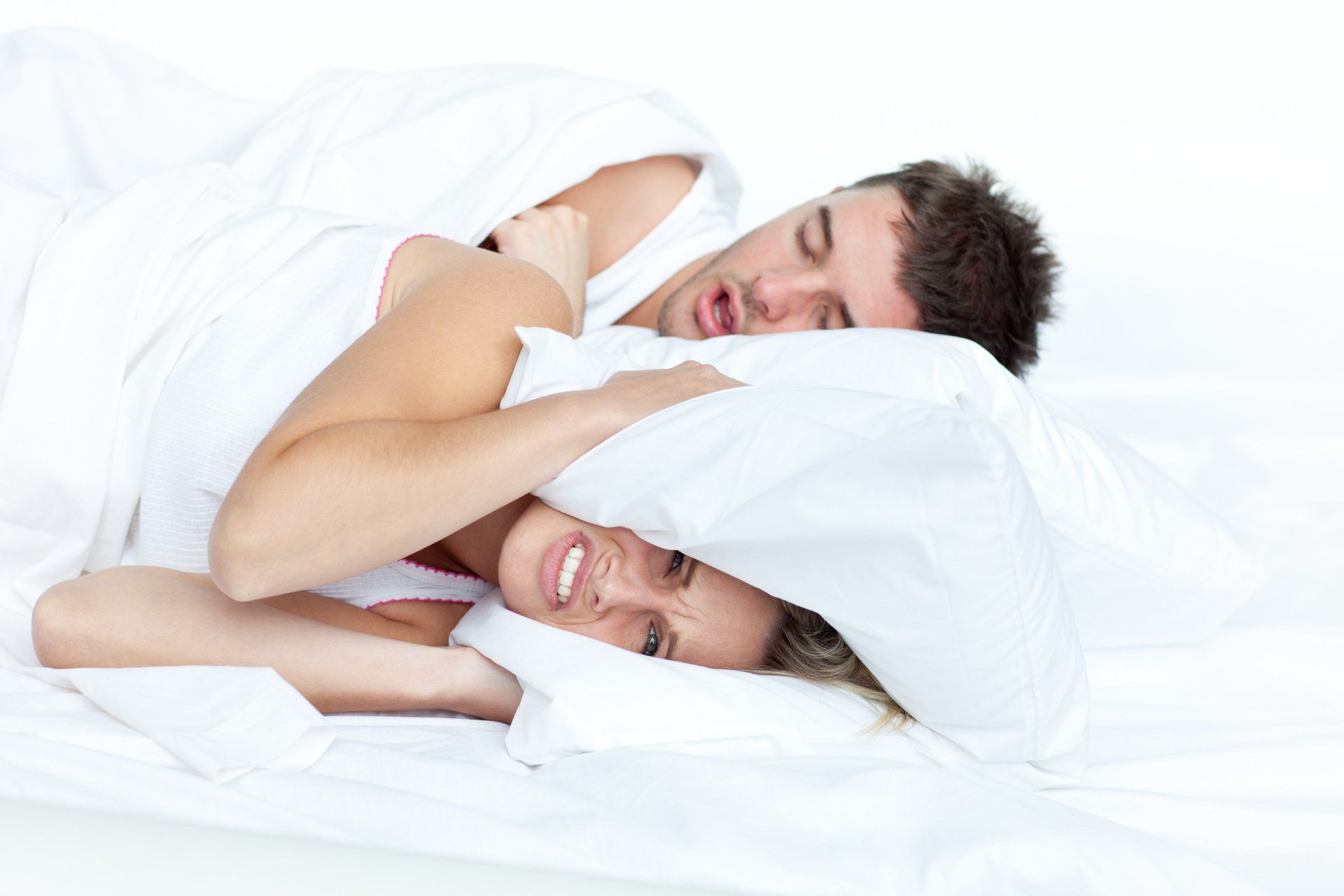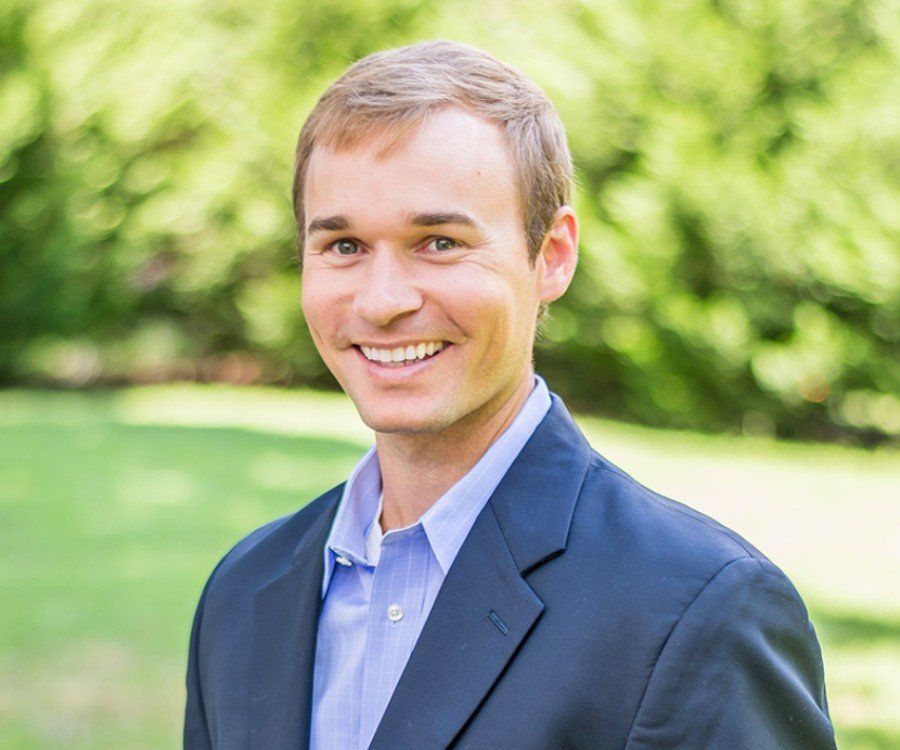I Need Help With:
SLEEP APNEA
CPAP INTOLERANCE
SNORING
South Carolina's Premier Dedicated Sleep & TMJ Practice. Dedicated Entirely to Helping People Who Suffer From Sleep Apnea, Snoring and TMJ.
BREATH WELL, SLEEP WELL,
LIVE WELL
A Practical Guide to Understanding and Managing Snoring and Sleep Apnea
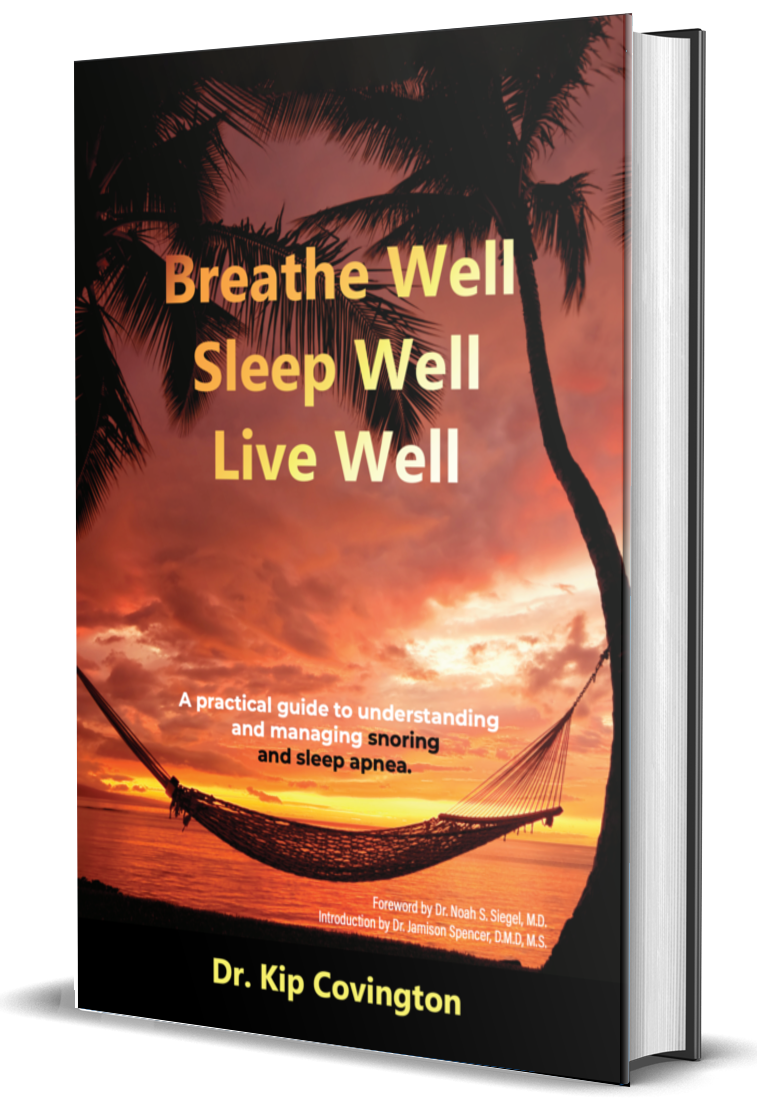
Meet The Doctor
KIP COVINGTON, DMD
Dr. Kip Covington, DMD established South Carolina Dental Sleep Center in Greenville, South Carolina after several years of continuing education in the field of dental sleep medicine.
He and his wife, KoKo, have two children and enjoy sports, adventure, traveling and meeting
new people throughout their travels.
Dr. Covington has focused his dental practice on the treatment of sleep apnea, snoring, and TMJ disorders and is passionate about constantly learning about this ever-evolving field.
He finds joy in working with colleagues in the medical field to bridge the gap between medicine and dentistry in order to offer different solutions for his patients and his community. After reading this book, you will better understand why a good night’s sleep is crucial to your overall health. I think you will find this book helpful, informative and enlightening. It should also be a wake-up call to you, or your loved ones, who may suffer from poor sleep.
What our patients are saying
When you've successfully treated thousands of patients for sleep apnea and snoring, you start to hear the
same questions again and again. Here are a few of the ones we hear almost daily.
